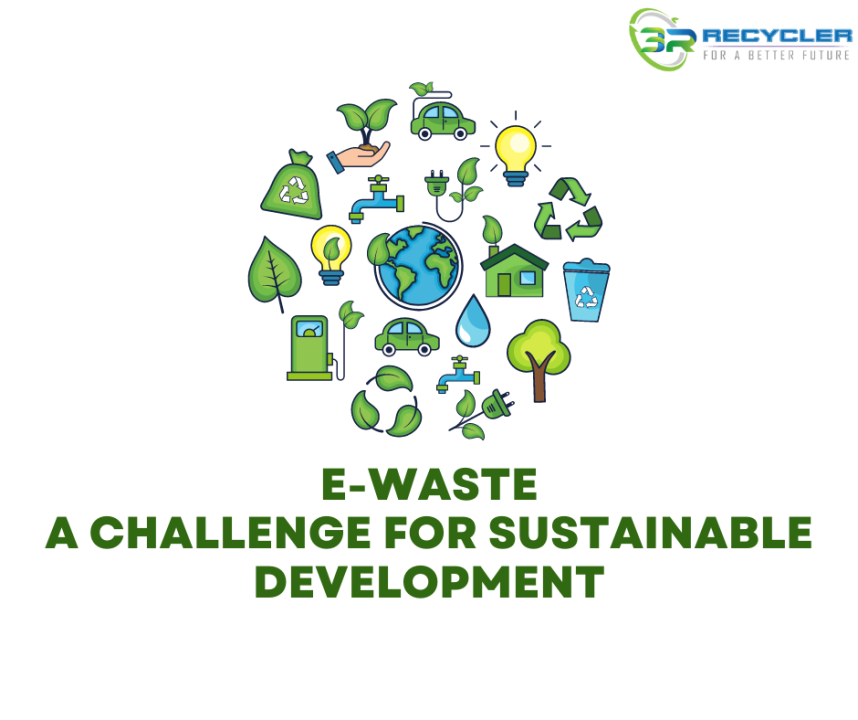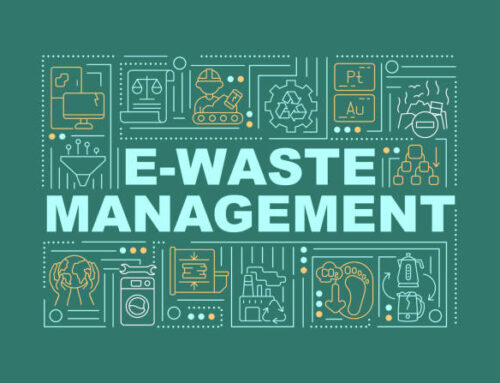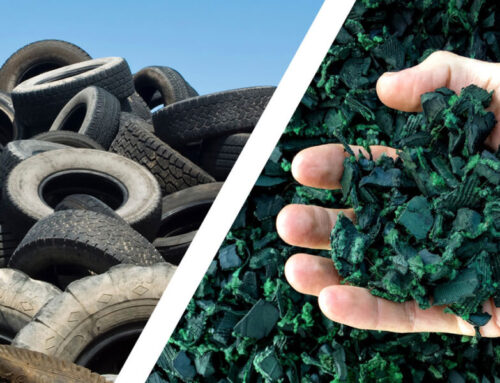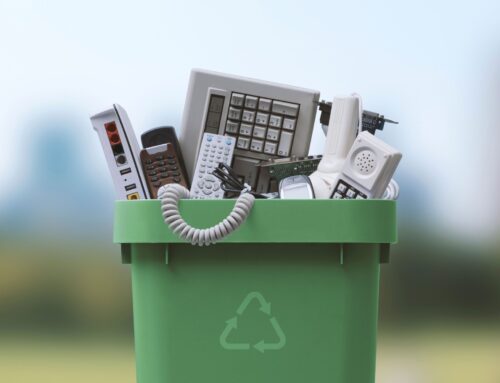
E-Waste: A Challenge For Sustainable Development
Sustainable Development
We can now arrive at totally new business sectors on account of the digitalized transformation. It means to improve individuals’ lives and more straightforward from one side of the planet to the other, and it is regularly utilized in helpful and good cause attempts. Nonetheless, as innovation propels, a really disturbing issue arises regarding e-Waste management. Any disposed electrical equipment is alluded to as e-waste. This contains both working and broken objects that have been deserted. If a thing stays unsold in a store, it is normally dumped. Poisonous mixtures normally leak from the materials inside e-waste when it is discarded, making them extremely hazardous.
E-Waste (Electronic Waste) Sustainable Development and its removal are a significant concern that influences people from one side of the planet to the other, as well as causing serious medical issues for the people who work with it in unregulated conditions. These huge informal landfills are normal in non-industrial countries with few ecological guidelines or administrative frameworks that are rarely enforced.
Long-term E-Waste management is a challenge
At the point when e-waste isn’t dealt with fittingly, it tends to be incredibly unsafe, containing noxious components and poisonous materials that hurt human wellbeing and the environment. Electronic gadgets, for instance, are routinely burned at unapproved sites, delivering harm to the environment that hurt both people and the ecosystem. In addition, the environment and people’s lives close to dumping sites are in danger. The e-waste issue emerges for the most part from developed nations that consider reusing e-Waste to be too costly in their own countries and happily transport it to underprivileged countries to be taken care of, with practically no background on how the e-Waste would be dealt with.
Difficulties with E-Waste Management
E-waste recycling is fundamentally a simple implementation in India. A huge number of low-pay families earn enough to pay the bills by scavenging stuff from dumpsters. Selling waste paper, plastic, clothes, or metal to limited capacity, common area clients are known as scrappers,’ who in this manner sort and sell as a main coarse substance to high quality or modern processors, is normal recycling practice for working-class metropolitan families.
A large number of metropolitan families work in the casual e-waste recycling and development industry, collecting, sorting, repairing, and dismantling outdated electrical and electronic equipment. The situation is different in developed nations, and there is no idea in India of consumers willfully giving outdated electrical items to laid out e-waste removal sites. Besides, there is no knowledge of consumers paying for the removal of e-waste they produce.
The normal sectors’ dependency on e-waste recycling makes a lot of issues. Monetary penalties for non-compliance or violation of electronic waste management and it is insufficient to deal with regulations. The overall population’s knowledge of market costs and health care are connected with e-waste recycling is limited since low-wage workers who participate in this action have no expertise. Despite the hideous growth in the volume of e-waste created every year, large-scale industrial infrastructure for collection and recycling gets very little support.
Possibilities in E-Waste management
Precious and rare metals found in e-waste include silver, gold, platinum and etc. These precious components are broadly utilized in consumer electronics, as well as IT and communication systems. Because of the limited amount of these metals, the costs of the products are also high. This has expanded the demand for metal-based devices to be reused, refurbished, and recycled. Electronic equipment manufacturers would very likely explore the important raw materials from recovered e-waste because of these issues. This likewise helps countries by cutting ozone-depleting substance emanations, which will help to reduce Global warming concerns.
A reduction in the life span of electronic devices, which makes the development of the e-waste management market, a shortage of valuable metals. which requires e-waste recycling, and a high pace of disappointment, which adds e-waste in massive amounts. However, high recycling costs and a lack of proper trash collection centers are two issues that could hamper the industry’s growth in the coming years.
Sustainability is being valued for all development activities by embracing social, financial, technical, cultural, and gender factors. Given the possible serious environmental consequences and health implications because of e-waste, a worldwide multilateral arrangement tending to its management (i.e., handling, preservation, processing, recycling, and disposal), whether via landfilling or incineration, is desperately required. Due to the global nature of the problem and the challenges of establishing sustainable and environmentally sound e-Waste processing in low-income countries, international discussion and cooperation is the only possible solution. Also, comprehensive international e-Waste management and laws can assist reduce e-Waste dangers and are the best way to achieve sustainable development.



